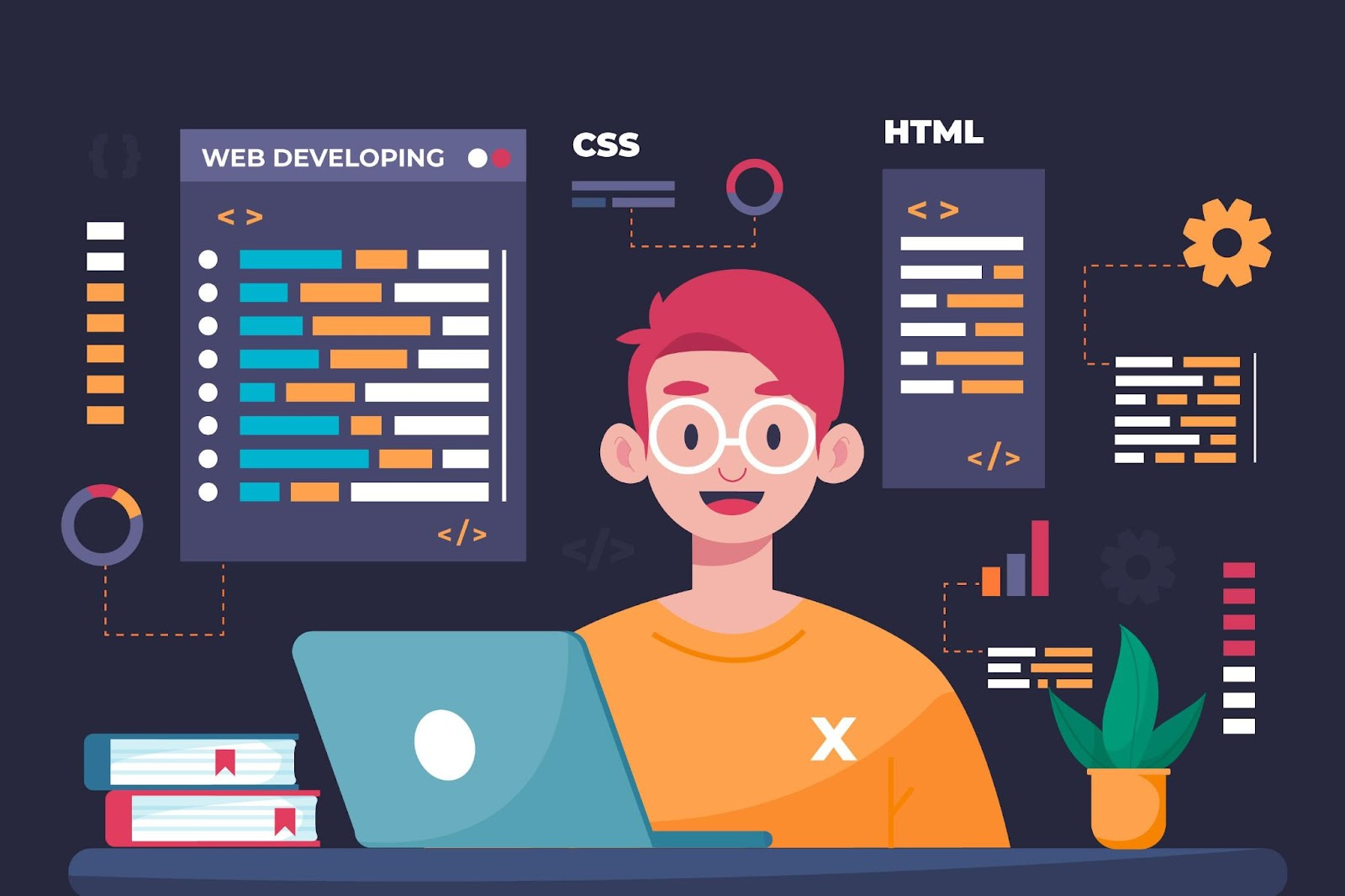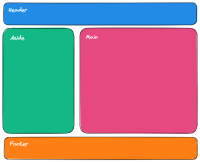Becoming a software engineer is an exciting and rewarding journey that requires a combination of education, practical experience, and continuous learning. Here is a guide to help you navigate the path to becoming a successful software engineer:

-
Educational Foundation:
- Bachelor's Degree: Most software engineering positions require at least a bachelor's degree in computer science, software engineering, or a related field. Focus on building a strong foundation in programming, algorithms, data structures, and computer architecture.
-
Learn Programming Languages:
- Start with Fundamentals: Begin with fundamental programming languages like Python, Java, or C++. These languages are widely used and provide a solid base for learning more complex languages in the future.
- Web Development Languages: Familiarize yourself with web development languages such as HTML, CSS, and JavaScript if you are interested in web development.
-
Build Projects:
- Hands-On Experience: Apply your knowledge by working on real-world projects. Building projects not only reinforces your understanding but also showcases your skills to potential employers.
- GitHub Portfolio: Create a GitHub account to host your projects. This serves as an online portfolio where you can showcase your code and collaborate with others in the software development community.
-
Understand Data Structures and Algorithms:
- Deep Dive: Gain a solid understanding of data structures (arrays, linked lists, trees, etc.) and algorithms. These are fundamental to solving complex problems and are commonly tested in technical interviews.
-
Version Control:
- Learn Git: Version control is crucial in collaborative software development. Learn Git, a widely used version control system, to manage and track changes in your code.
-
Database Knowledge:
- SQL and NoSQL Databases: Understand how to work with databases. Learn SQL for relational databases and explore NoSQL databases like MongoDB for a broader perspective.
-
Software Development Methodologies:
- Agile and Scrum: Familiarize yourself with agile methodologies and Scrum practices commonly used in software development projects.
-
Continuous Learning:
- Stay Updated: The field of software engineering is dynamic, with new technologies and frameworks emerging regularly. Stay current by following industry blogs, participating in forums, and attending conferences.
-
Networking and Collaboration:
- Join Communities: Join online communities such as Stack Overflow, Reddit, or local meetups to connect with other software engineers, ask questions, and learn from experienced professionals.
-
Soft Skills:
- Communication Skills: Develop strong communication skills. As a software engineer, you'll need to effectively communicate with team members, stakeholders, and potentially clients.
- Problem-Solving: Develop your problem-solving skills. Software engineers often face complex challenges that require analytical thinking and creative solutions.
-
Internships and Work Experience:
- Internships: Seek internships or entry-level positions to gain practical experience and exposure to real-world projects. This is an excellent way to build your resume and make valuable industry connections.
-
Build a Professional Network:
- LinkedIn and Networking Events: Create a LinkedIn profile and connect with professionals in the field. Attend networking events, conferences, and meetups to expand your network.
Remember that becoming a successful software engineer is a continuous journey of learning and adapting to new technologies. Embrace challenges, be persistent, and stay curious to thrive in this ever-evolving field.





